Saving Bristol Bay and the Local Way of Life
The fight to protect Alaska's Bristol Bay continues. While the public has shown their dedication and support to help, current federal administrations continue to push the mining project forward.
This guest blog was written by Jenny Weis with Trout Unlimited. It is a part of our blog series on America’s Most Endangered Rivers® – Rivers of Bristol Bay.
Standing in a carpeted, sterile event hall next to identical rows of beige, cushioned chairs, my eyes welled up with tears as I watched the propaganda video put forth by the Pebble Partnership detailing their phase-one plans to build a massive mine at the headwaters of Bristol Bay.
Thirty years ago, a vast, low-grade deposit of gold and copper was found in the hills of a water-rich saddle within the remote region in southwest Alaska, at the headwaters of two of the eight major rivers that flow into Bristol Bay. The same year of the discovery, a little over four thousand miles away, I’d just been born.
The region sustains world-class sport fishing and hunting, and an Indigenous subsistence culture that has thrived for millennia. The Bay itself is a famous commercial fishery that supplies over half the world’s sockeye salmon. Pebble mine backers are asking us to trade the gold in the hills for the salmon in the rivers. Thousands of Alaskans and a million Americans have spoken up in response, and have resoundingly and repeatedly said, “no way.” Yet the company presses on.
Over the past two weeks, I watched from afar as residents of rural villages dotting the region have packed tiny community centers and school gyms to tell the U.S. Army Corps of Engineers, the agency in charge of reviewing one of Pebble’s most critical permits, their concerns about the proposed Pebble Mine. Seated in mish-mashed accumulations of folding chairs, Native Elders stood and spoke about how the mine would impact their clean water and traditional fishing and subsistence hunting and gathering practices that have been passed down for generations. It was sometimes hard to discern their testimony through thick Yup’ik accents, grainy cell phone videos due to poor connection, or tears. Commercial fishermen feared that any impacts would destroy the fishery and thus, their livelihoods and the trade they planned to pass onto their children. They were visibly frustrated — after dozens of hearings and meetings, why did they have to say this all over again?
The scenes couldn’t be more different in Anchorage.
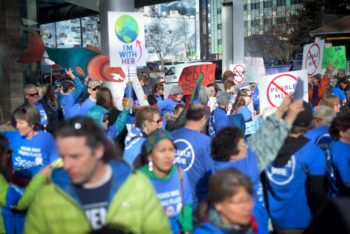
Protesters outside the Anchorage meeting hosted by the Army Corps of Engineers. April 19, 2018. | Brandon Hill
There was no opportunity for public testimony in Anchorage, Dillingham — the largest community in the Bristol Bay region, or in Homer — the largest community on the Kenai Peninsula, near the proposed gas pipeline and additional 250MW power plant the company proposes to build. It’d take too long to get throughthe hundreds of comments in opposition, said the Corps of Engineers.
Impassioned testimony was replaced with a single, sterile video produced by Pebble with a faceless, robotic voice over discussing the company’s massive plans. The opportunity to publicly testify was replaced with a court reporter in a side room who would transcribe a private, oral statement.
The video displayed prominently on a large screen upon entering the meeting. Describing what would need to be dug up to access the gold and copper, the very landscape of Bristol Bay — things like trees, vegetation, wetlands, fishing rivers, and wildlife habitat, the video used the word, “overburden.” The video said Pebble would closely monitor wildlife activity on the tailings ponds, but left out the end of that very sentence, which is, “because it will be toxic.” It explained that once the phase-one mine was done with operation, Pebble would replace all the material they remove from the pit and “revegetate.” This word struck me as something that would almost be funny — imagining hard-hat workers trying to replace the wild character on vast amounts of ground they’d unearthed, if it weren’t so depressing and impossible.
Clearly, this fight has absolutely nothing to do with me. I was hired by Trout Unlimited’s Alaska program in 2014 to help their army of concerned lodge owners and anglers organize, following the lead of the Native community, and help get the word out that the science is in, and the mine would be catastrophic to the businesses and cherished fishing opportunity, as well as the livelihoods of those that live in Bristol Bay now and have since time immemorial.
As I’ve gotten to know the people who’d be personally impacted by this proposal over the last four years, it has become clear why testifying against this project could make you cry, even if it’s your 10th or 50th time doing so.
It’s hard not to shudder when a robot explains that 160,000 tons of mine waste per day would be trucked down roads that would have to cross 200 salmon streams, introducing concrete and fences to a wild region wherein those two items are now uniquely absent. It’s not uncommon to see a room full of shaking heads when the company brags that no longer using cyanide in their plans is its claim to “environmental responsibility,” despite that the very mineral they seek to unearth, copper, is lethal to wild salmon even in trace amounts. And you can’t help but wonder how the mine backers sleep at night promising the mine will be safe while knowing that NO mine in modern history has safely contained toxins from the surrounding environment at this scale.
I know that if Pebble Mine goes through, my life will likely carry on as usual. Alaska’s economy will take a hit, and the world’s supply of salmon will be altered. But I have no skiff to leave to my children or smokehouse to continue filling the way ancestors did before me. Pebble banks on the fact that most of their opponents recognize this, and will eventually give up.
But on behalf of the people I have met in the last four years, whose lives and whose children’s lives will be irreparably altered by this proposal, I’ll be damned if I don’t do everything I can to ensure that Bristol Bay remains characterized by the one thing it has since before time: wild salmon. The Pebble Mine proposal doesn’t fit into this picture.
So, you can bet I’ll be standing there with them, behind them, at as many meetings as it takes until the robot videos, arrogant foreign investors, and unfair permitting schedules are a thing of the past.
Sign-on by June 27th to be included in our petition!
[su_button url=”https://act.americanrivers.org/page/5000/petition/1″ background=”#ef8c2d” size=”4″ center=”yes”]Take Action »[/su_button]
Author: Jenny Weis
 Jenny Weis works for Trout Unlimited‘s Alaska Program. She lives in Anchorage. Trout Unlimited is working with anglers, local communities and businesses to stop Pebble Mine and put long-term protections in place for Bristol Bay, Alaska.
Jenny Weis works for Trout Unlimited‘s Alaska Program. She lives in Anchorage. Trout Unlimited is working with anglers, local communities and businesses to stop Pebble Mine and put long-term protections in place for Bristol Bay, Alaska.
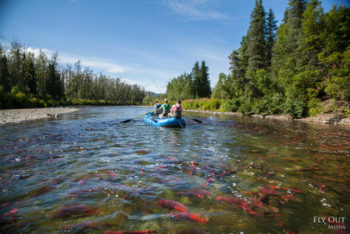
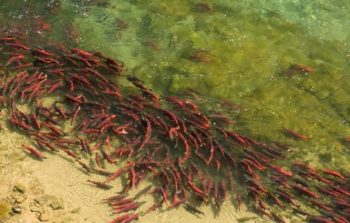
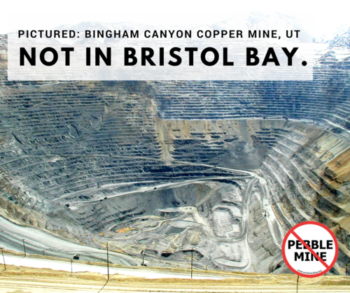
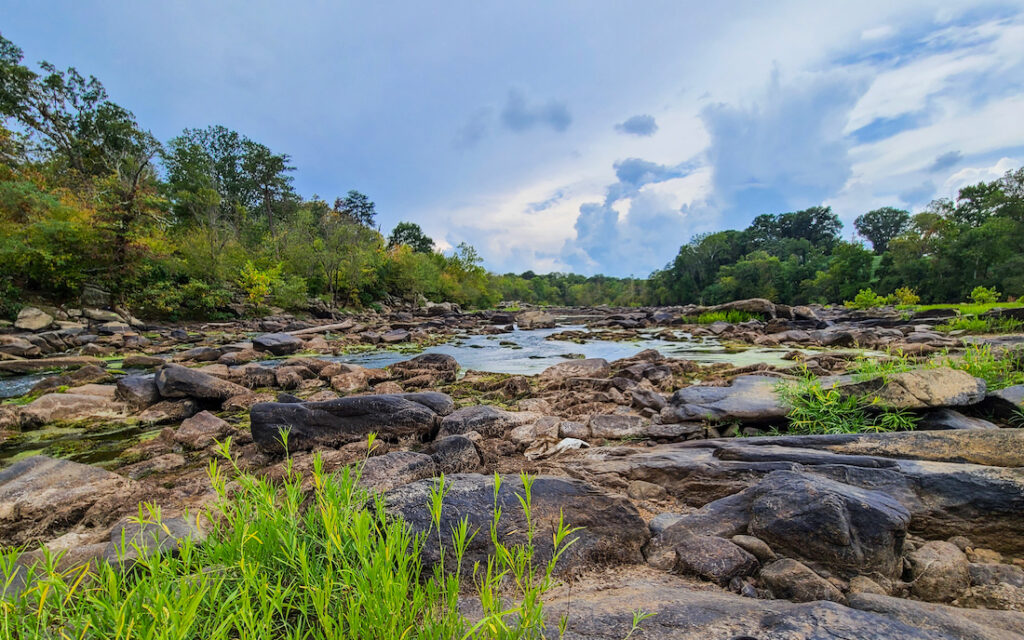
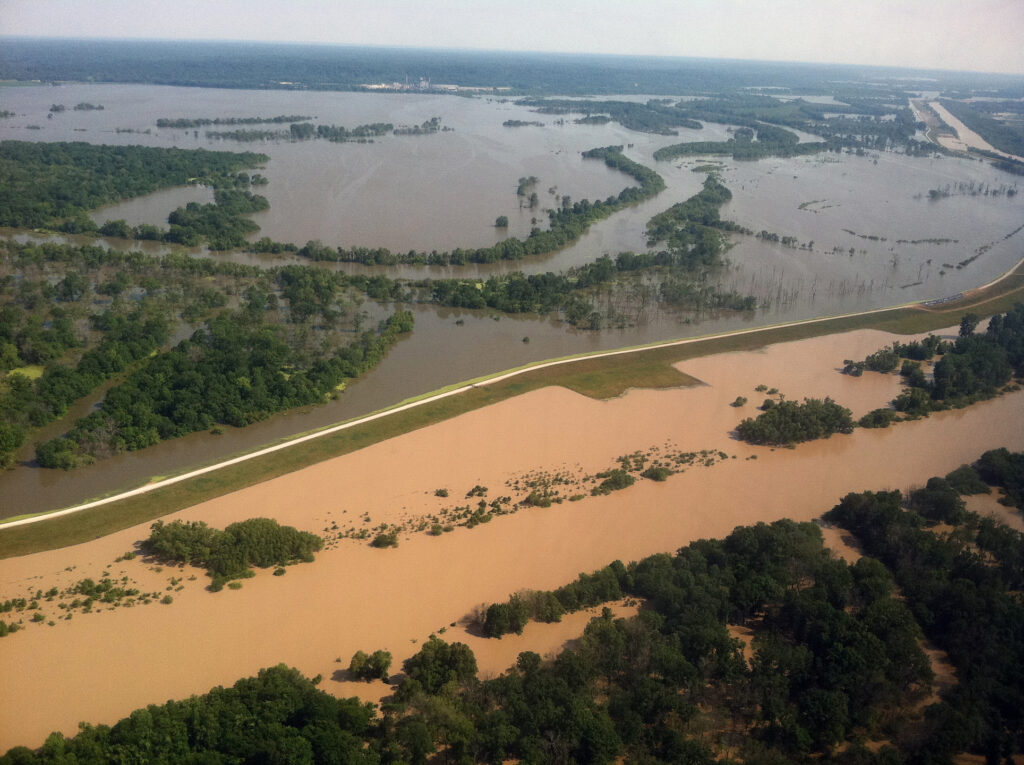
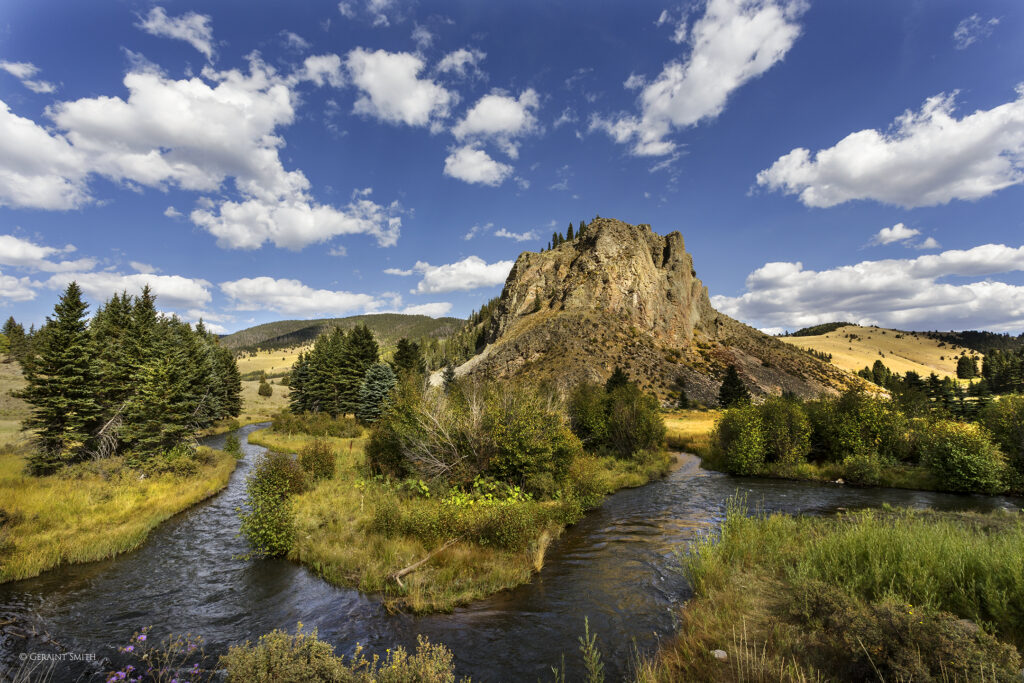
2 responses to “Saving Bristol Bay and the Local Way of Life”
Pebble CEO will say anything, there bought by Pebble Mine. They have there personal bank full of money that is all they care about. We the people of Bristol Bay will not give up.
It is hard to believe that our government is considering threatening the salmon resource which when properly managed will continue on for generations to allow a one time mine whose waste will threaten the environment and the fish well beyond the productive life of the mine. Have you ever heard a better example of the goose and the golden egg?